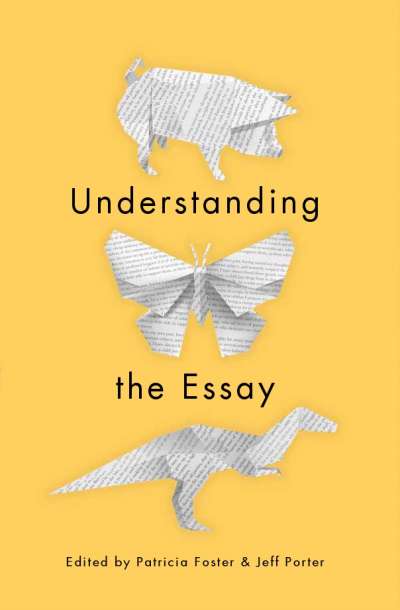

Landowners and farmers fought to keep these tariffs in force so that high prices for their wheat would be ensured but the rest of the population suffered severely from the exorbitant price of bread or, in years of bad crops, from scarcity of food. These high tariffs had been established to protect English farm products from having to compete with low-priced products imported from abroad. One of the most important reforms was the abolition of the high tariffs on imported grains, tariffs known as the Corn Laws (the word corn in England refers to wheat and other grains). In "Locksley Hall" (1842), Alfred, Lord Tennyson seems to have had the Chartist demonstrations in mind when he wrote: "Slowly comes a hungry people, as a lion, creeping nigher, / Glares at one that nods and winks behind a slowly-dying fire." Although the Chartist movement had fallen apart by 1848, it succeeded in creating an atmosphere open to reform. Their fiery speeches, delivered at conventions designed to collect signatures for petitions to Parliament, created fears of revolution. For ten years the Chartist leaders engaged in agitation to have their program adopted by Parliament. In 1838 the organization drew up a "People's Charter" advocating the extension of the right to vote, the use of secret balloting, and other legislative reforms. One of the most striking was put forward by the Chartists, a large organization of workers. Elizabeth Barrett's poem "The Cry of the Children" (1843) expresses her horrified response to an official report on child labor that described five-year-olds sitting alone in darkness to open and close ventilation doors, and twelve-year-olds dragging heavy tubs of coal through low-ceilinged mine passages for sixteen hours a day. Workers and their families in the slums of such cities as Manchester lived in horribly crowded, unsanitary housing and the conditions under which men, women, and children toiled in mines and factories were unimaginably brutal. Conditions in the new industrial and coal-mining areas were terrible.
The norton reader 14th edition an anthology of nonfiction series#
After a period of prosperity from 1832 to 1836, a crash in 1837, followed by a series of bad harvests, produced a period of unemployment, desperate poverty, and rioting. The economic and social difficulties attendant on industrialization were so severe that the 1830s and 1840s became known as the Time of Troubles. Yet even the newly constituted Parliament was unable to find legislative solutions to the problems facing the nation. Because it broke up the monopoly of power that the conservative landowners had so long enjoyed (the Tory party had been in office almost continuously from 1783 to 1830), the Reform Bill represents the beginning of a new age, in which middle-class economic interests gained increasing power. Even more important than the extension of the franchise was the virtual abolition of the rotten boroughs and the redistribution of parliamentary representation. In effect the voting public thereafter included the lower middle classes but not the working classes, who did not obtain the vote until 1867, when a second Reform Rill was passed.

The Reform Bill of 1832 extended the right to vote to all males owning property worth. Fearing the kind of revolution it had seen in Europe, Parliament passed a Reform Bill in 1832 that transformed England's class structure. Manufacturing interests, who refused to tolerate their exclusion from the political process any longer, led working men in agitating for reform. Norton & Company.Ry 1830 a time of economic distress had brought England close to revolution. Norton Anthology may refer to one of several literary anthologies published by W.

Please help improve this article by adding citations to reliable sources. This article needs additional citations for verification.


 0 kommentar(er)
0 kommentar(er)
